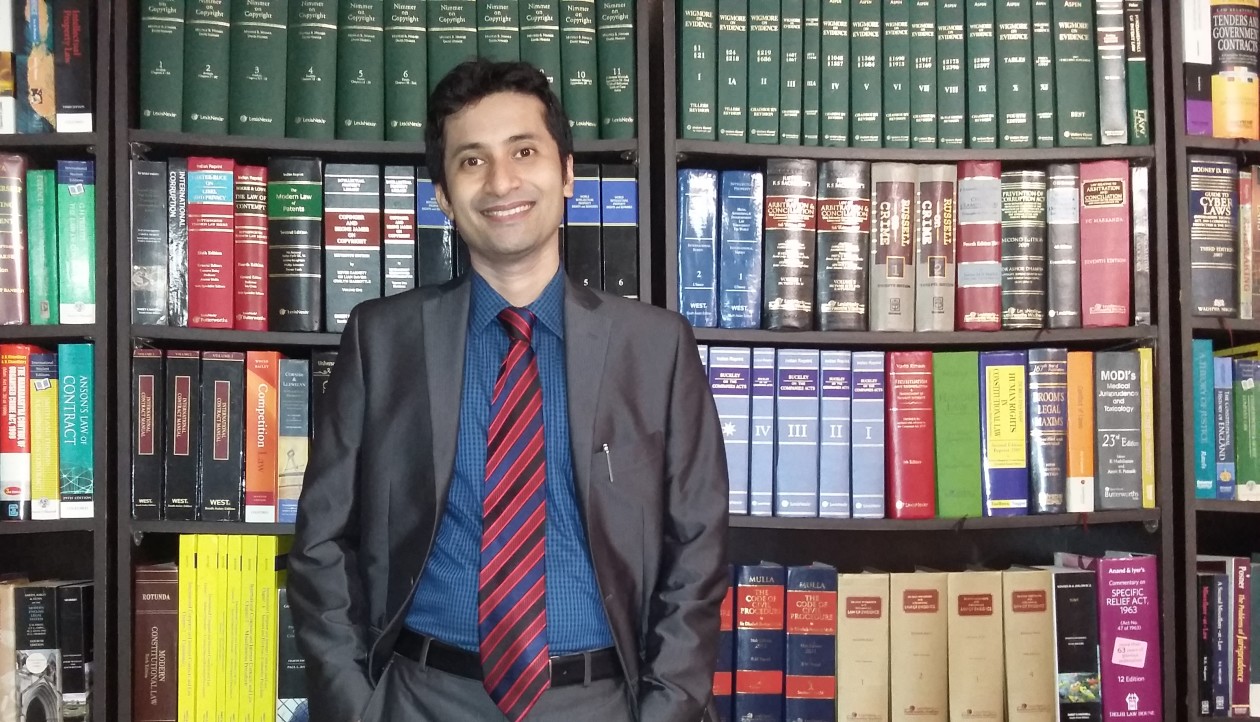And it shall come to pass afterward,
that I will pour out my spirit upon all flesh;
and your sons and your daughters shall prophesy,
your old men shall dream dreams, your young men shall see visions:
And also upon the servants and
upon the handmaids in those days will I pour out my spirit.
And I will show wonders in the heavens and
in the earth, blood, and fire, and pillars of smoke.
The sun shall be turned into darkness,
and the moon into blood,
before the great and the terrible day of the LORD come.
And it shall come to pass,
that whosoever shall call on the name of the LORD shall be delivered:
for in mount Zion and in Jerusalem shall be deliverance,
as the LORD hath said,
and in the remnant whom the LORD shall call.
JOEL 2: 28-32 (King James Version)
It was the conversion of Constantine the Great (who became the Caesar of the West and subsequently the Augustus) that changed the direction of the nascent religion. His going into a battle with a Christian symbol painted on his soldiers’ shields was truly a watershed moment in Christianity’s history. Subsequently he granted the Christians legal rights by promulgating the ‘Edict of Milan’. With a view to bring clarity on the various doctrines which the Church was following, he also conveyed the first ever ‘ecumenical’ council. His setting up of a new capital ‘Constantinople’, a truly Christian Capital, was the height of his evangelism. But later rulers like ‘Julian the Apostate’ were inimical to this new faith, though his pagan beliefs could not do much damage as he shortly died after assuming office.
Then came the Golden age of Christian thoughts. Famous ‘Apostolic Fathers’ such as Ignatius of Antioch and Polycarp of Smyrna are still revered. Though there were a number of leading theologians during that period, it was St. Augustine of Hippo (354-430) whose intellectual ingenuity has a continuing profound influence on Christianity. Gradually Augustinian Christianity became Western Christianity. Among his many ideas, ‘predestination’ i.e. God from eternity elects some to save is now well accepted. Gradually the theologians started analysing the relation of Christ’s divinity to his humanity which is known as Christology. St. Maximus the Confessor (580-662) can be considered as the greatest ‘Christologian’ whose famous ‘Trinitarian theology’ has greatly added to Christian theology. It was the beginning of the Christian scholasticism.
In the mean time, the might of the Western Roman Empire was gradually wearing down. With increasing raids by ‘barbarian tribes’, the Empire was continually shrinking and the later emperors were mere titular heads controlled by all powerful barbarian lords. But gradually these Germanic Tribes were also evangelized.
There continued to be many significant disagreements regarding the basic elements of Christian faith. Divinity of Jesus or the relation of the Father to the Son was a dominating one. To resolve this serious dispute, Constantine on assuming control of the Eastern Christian World convened the first ‘Ecumenical Council’ at Nicaea. The ‘Nicene Creed’ described the Son as ‘consubstantial’ with the Father. But there were ‘homoeans’ (who considered the Son of being of similar substance with the Father) as well as ‘anomoeans’ (who considered the Son as very different from the Father). Finally it was the ‘Cappadocian Fathers’ (St. Gregory of Nyssa, St. Basil of Caesarea and St. Gregory of Nazianzus) who in the second Ecumenical Council (381) held that the eternal God had entered into the human history in the form of Christ.
But differences continued to haunt this new faith. In fifth century A.D., in Constantinople, disagreements over the ‘Mother of God’ raised to such proportions that a council was convened in Ephesus (431) to resolve the issue. The raging battle over the doctrinal aspects were continuing in Alexandria too. ‘Monophysitism’ (in the Incarnation, Christ’s humanity was assumed into his divinity) divided Alexandria and Constantinople. To resolve this dispute, the fourth Ecumenical Council (the Great Council of Chalcedon) was convened in 451 A.D. Rejecting ‘Monophysitism’, it reaffirmed ‘dyophysite’ position. But such outright rejection also led to the division of the order. The Ethiopian Church, the Syrian Jacobite Church, the Coptic Church and other Monophysite communions separated from Rome. The ecclesiastical differences were the precursor to the East-West Schism.
